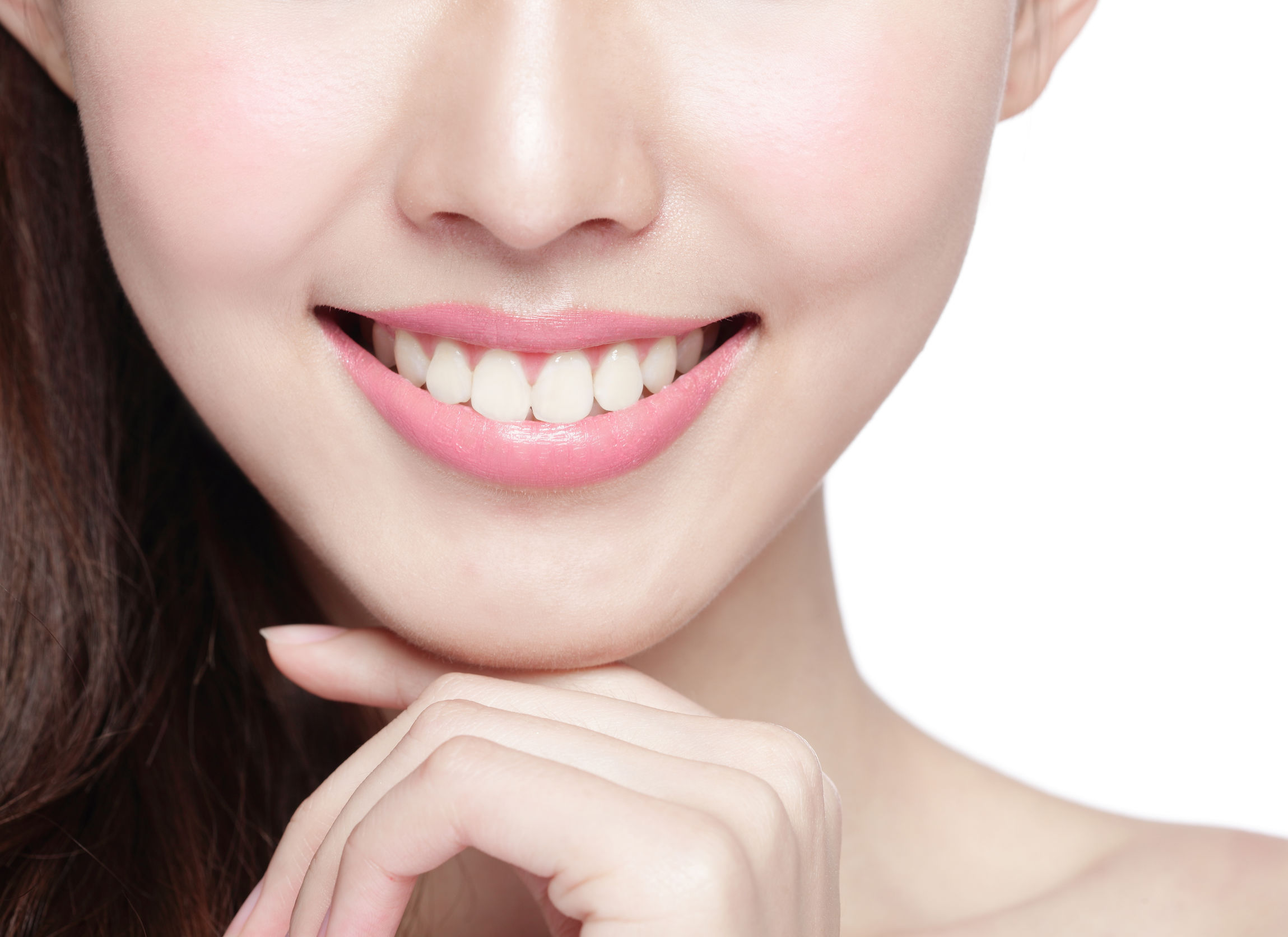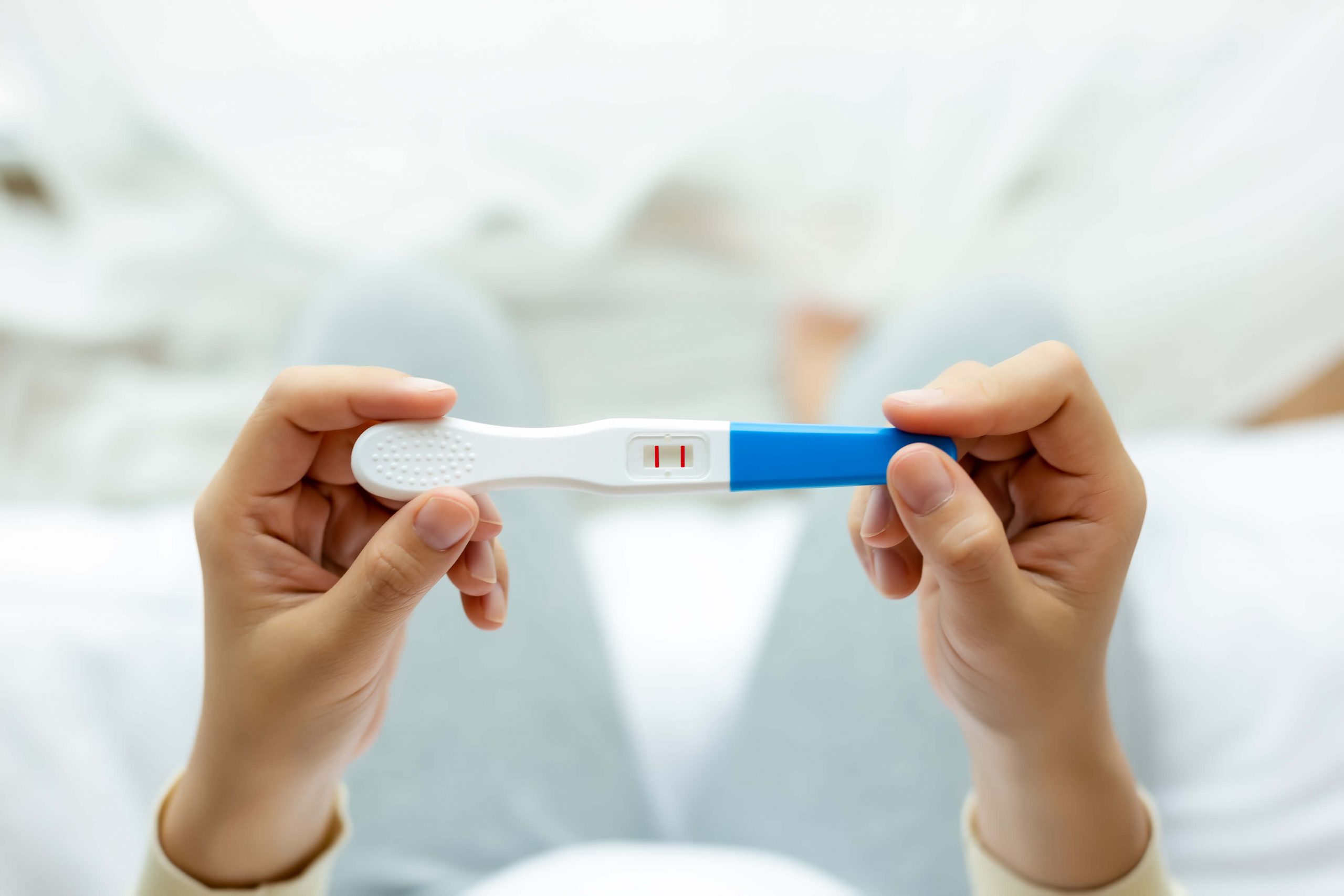Pregnancy Care
Q&A: Oral Health In Pregnancy (Featured on The Straits Times)
Medically reviewed by Dr. Natalie Chua

Q: What is the importance of oral health in pregnancy?
The mouth is an obvious portal of entry to the body, and oral health reflects general health and well-being.
During pregnancy, hormonal changes can make your gums more vulnerable to plaque (bacteria), leading to inflammation and bleeding. This is called gingivitis. This infection can spread to the surrounding tooth structures, leading to periodontal disease.
Some studies have shown that maternal periodontal disease has been some association with preterm birth, development of high blood pressure during pregnancy (pre-eclampsia), and delivery of small or growth restricted babies. Even though the association is not strong even to establish causality, it is important to maintain good oral health in pregnancy.
Q: What will the dentist do?
He/She will take a brief history from you. You need to highlight if there are any complications during the pregnancy e.g.: high blood pressure or bleeding disorders so that he can take the necessary precautions. Smoking and consuming alcohol is not recommended during pregnancy as it can cause growth restriction and birth defects. But if you do smoke, let your dentist know.
He will then perform an oral examination with treatment targeted to the problematic area. X rays may be done if it is indicated.
Q: When should a patient schedule an appointment with their dentist?
Dental treatment can be provided throughout the entire pregnancy. However, the time period between the 14th and 20th week is ideal for non-urgent dental problems.
Many women suffer from morning sickness in the first trimester. It is also during this period that the fetus is developing, so it is best to restrict the use of certain medications. It is for these reasons that non-emergent treatments are deferred until the early second trimester.
When necessary, dental procedures may be performed in the third trimester. At this stage, when lying flat on the dentist’s chair, the pregnant womb may compress the underlying blood vessels resulting in reduced blood flow back to the heart. This can cause low blood pressure and result in dizziness or nausea. Placing a small pillow under the woman’s right hip or having the woman lean on her left side can minimize this.
Q: What can be done to maintain healthy teeth and gums during pregnancy?
Dentists recommend patients to brush their teeth twice daily with a fluoride toothpaste and floss daily. If you have morning sickness and you vomit, rinse your mouth with plain water. This will prevents the acid in your vomit from attacking your teeth. Brush your teeth only an hour later. This will reduce the acids from softening your teeth.
Ideally, patients should limit foods containing sugar to mealtimes only and rinse their mouth after each meal. Snack on nuts, vegetables or fruits instead of sweet snacks. Choose water or low fat milk as a beverage and avoid carbonated beverages during pregnancy.
Pregnancy by itself is not a reason to defer routine dental care and necessary treatment for oral health problems. Do obtain necessary dental treatment before delivery. Labour pains are hard enough to bear and you would not want to be suffering from a toothache on top of all of that.
Q: Are there any special precautions that one should be aware when performing a dental procedure during pregnancy?
In dentistry, the more commonly used medication are painkillers and antibiotics. Your dentist will use the drugs that have a good safety profile and are FDA approved for pregnant patients.
X rays may be needed to evaluate the extent of tooth disease. According to the American College of Radiology, the dosage of radiation from simple procedures is not sufficient to harm the fetus. Precautions can be taken to minimize radiation exposure e.g.: the use of protective aprons.
Another concern is the use of mercury in tooth fillings, which is used to treat dental caries. Dental caries when left untreated can result in infection of the gums and tooth loss. Mercury at high levels can cause birth defects and affect brain development. At present, there is no evidence that exposure of the fetus to mercury released from the mother’s existing amalgam fillings causes any adverse effect. Also, the use of suction devices can markedly reduce such vapour inhalation. However, replacements of these fillings are generally delayed till after the baby is born.
WHO WE ARE
About SOG Health Pte. Ltd.
Established in 2011, SOG Health Pte. Ltd. (“SOG”) is a leading healthcare service provider dedicated to delivering holistic health and wellness services to the modern family.
With a long and established track record in Singapore providing Obstetrics and Gynaecology (“O&G”) services such as pre-pregnancy counselling, delivery, pregnancy and post-delivery care, the Group has since further expanded its spectrum of healthcare services to include Paediatrics, Dermatology, and Cancer-related General Surgery (Colorectal, Breast & Thyroid).
The Group’s clinics, under its four operating segments of O&G, Paediatrics, Oncology and Dermatology, are strategically located throughout Singapore to provide easy access to its patients.
- Obstetrics
- Gynaecology
- GynaeOncology
- Breast, Thyroid & General Surgery
- Colorectal, Endoscopy & General Surgery
- Dermatology
- Paediatrics
Consult With A Specialist From SOG
Visit one of our specialists today to learn more about your health!
Recommended Obstetricians
Book An Appointment
Fill up this form and our clinic will get back to you shortly.
For general enquiries, please click here.









